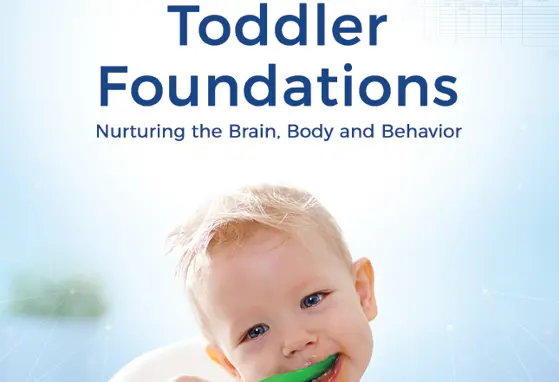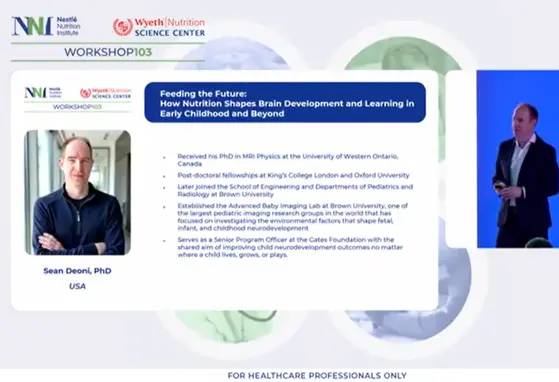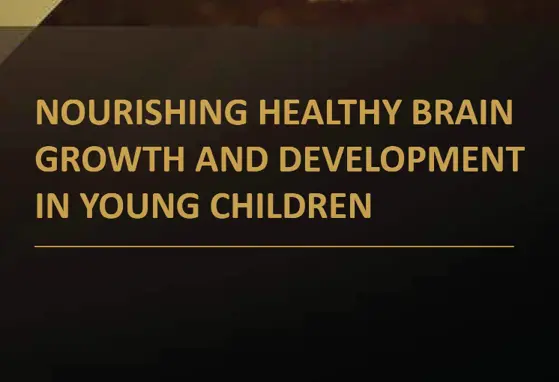The Learning Lead - Volume 4, 2020 - Nutrition and Executive Functions in Children
12 min read
/
Neuroscience

The ability to coordinate one’s thoughts, feelings, and actions depends on the development of a specific set of cognitive processes responsible for cognitive control and purposeful and goal-directed behavior called executive functions (EFs).1 As such, EFs are considered important building blocks for learning and creativity in children.1,2
EFs include three core, interrelated functions:
- Inhibitory control: Ability to suppress automatized or predominant responses, which allows one to focus attention and control or self-regulate behavior, thoughts, and emotions to override a strong internal response predisposition.1
- Working memory: Ability to update information while executing tasks, which involves holding multiple pieces of information in mind and mentally working with them.1
- Cognitive flexibility: Ability to switch between cognitive sets or tasks and flexibly adjust to changed demands or priorities.1 Cognitive flexibility is closely linked to creativity as it is critical for seeing things from new and different perspectives.1,3
Reference
- Diamond A. Annu Rev Psychol. 2013;64:135-68.
- Collins A, et al. PLoS Biol. 2012;10(3):e1001293.
- Mulder H, et al. Front Psychol. 2017;8:1706.
If you liked this post you may also like


Feeding the Future: How Nutrition Shapes Brain Development & Learning in Early Childhood & Beyond
Feeding the Future: How Nutrition Shapes Brain Development & Learning in Early Childhood & Beyond

Mindful Nutrition: The Interplay between Microbiome and Cognitive Development
Mindful Nutrition: The Interplay between Microbiome and Cognitive Development

Nourishing Healthy Brain Growth and Development in Young Children
Nourishing Healthy Brain Growth and Development in Young Children